
Utah Auditor Tina Cannon's office in the Utah State Capitol in Salt Lake City on Friday, March 7, 2025. (Katie McKellar/Utah News Dispatch)
The president and CEO of a Utah nonprofit manufacturing consultant misused millions of dollars of public funds meant for a federal and state manufacturing program, according to an audit from the Utah State Auditor’s Office.
The review revealed that the nonprofit, iMpact Utah, spent between $1.8 and $2.8 million in transfers to a for-profit company where the president is a majority shareholder, as well as political donations, personal trips and “excessive” executive compensation in a three-year span.
The funds were supposed to support the Utah Manufacturing Extension Partnership, a program that provides manufacturing improvement services for companies. The federal government awarded $1.4 million annually in 2023, 2024 and 2025. The Utah legislature has appropriated $2.8 million in matching funds each year since 2022. IMpact Utah has been the recipient of the majority of these funds for the past several years through Utah State University and University of Utah partnerships.
SUBSCRIBE: GET THE MORNING HEADLINES DELIVERED TO YOUR INBOX
According to the auditor’s office, insufficient oversight from state agencies allowed the misuse to go undetected for years.
“Lack of clear accountability and oversight in the distribution of public funds creates a serious vulnerability,” Utah State Auditor Tina Cannon said in a statement. “In this case, a nonprofit organization tasked with supporting Utah’s manufacturers misused taxpayer dollars, enabled by breakdowns in oversight across several layers of responsibility.”
Cannon’s office has referred the case to the Utah Attorney General’s office. Utah News Dispatch is not identifying him at this time because no charges have been filed.
After the auditor’s office received a whistleblower complaint, the company opened its books, shedding light on its misuse of public funds, including the transfer of up to $2.1 million to Vereo Impact, Inc, a for-profit consulting company also operated by iMpact Utah’s president. That money was used to purchase another business entity, pay down the company’s debt, buy assets and other operating expenses, the report says.
“Reportedly, some Vereo employees performed work for (iMpact Utah), and therefore, it would have been reasonable for Vereo to bill (iMpact Utah) for the cost of these services,” auditors wrote. “However, costs were not tracked and we found no billing records.”
Prior to the audit period there was return on investment for the grant money, Cannon told Utah News Dispatch. But, when appropriations increased in 2022 and 2023, there was an increase in irregular activity.
The CEO received bonuses of $200,000 in both 2022 and 2023. In 2025, the executive also received $125,000, all “exorbitant” compared to other nonprofit executives. The president’s average compensation package, including salary, benefits and bonuses, was $518,823 per year, more than double than what his counterparts in similarly sized organizations made, the audit says.
Need to get in touch?
Have a news tip?
The executive also spent at least $35,715 on several vacations with his wife, including trips to Hawaii, Las Vegas and Florida with expenses like airfare, lodging, a helicopter tour, snorkel cruise, luaus and shows charged to iMpact Utah’s corporate credit card.
Additionally, iMpact Utah made donations to one federal and three state campaigns, amounting to almost $10,000 during 2023 and 2024, a violation of IRS regulations that ban nonprofits from directly or indirectly participating in political campaigns.
“We’re not saying that this was a company problem, that there were employees with the company that were doing a good job, but there is one particular person who happened to be the president, therefore able to exercise undue influence over how the money is used and how the money was spent, without a functioning board in place,” Cannon said.
After the whistleblower complaint, the iMpact Utah executive director resigned, and the nonprofit “will reportedly cease business operations in early fiscal year 2026,” according to the report.
The Governor’s Office of Economic Opportunity (GOEO), which oversees the program, accepted the auditor’s recommendation, which included a 2024 code change strengthening accountability requirements for grant recipients.
In its official response to the audit, the economic opportunity office’s executive director Jefferson Moss promised “GOEO has not, and will not, distribute funds to an entity after an audit shows grant funds were inappropriately used.”
For Cannon, there’s a reason why her office is going public with this audit, she said, and it involves all of the government entities across the state that give out grant money, and the constraints of having 51 employees to oversee all of them
“I need government entities to know what happened here, and to make sure that if they are giving out grant money, that they have the proper controls in place so that this type of situation doesn’t happen again in any other company or any other government entity,” she said.
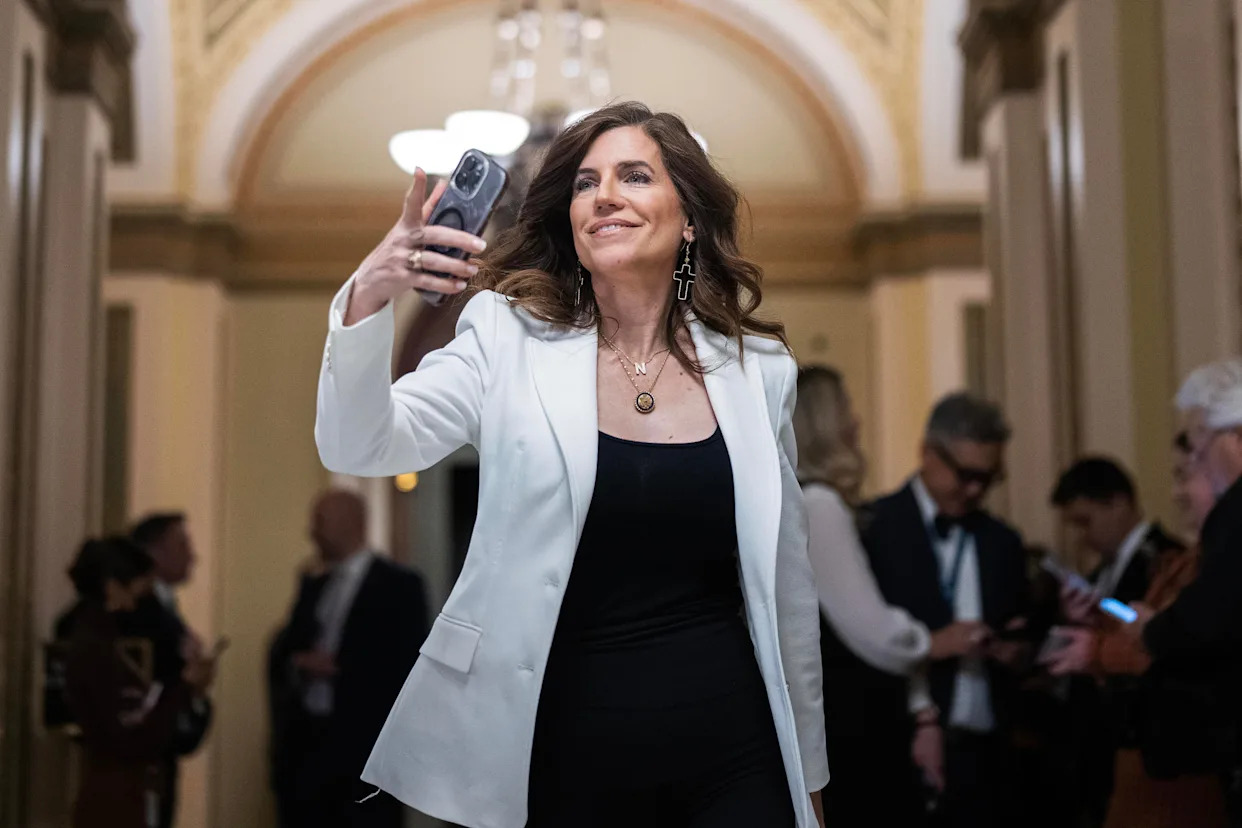

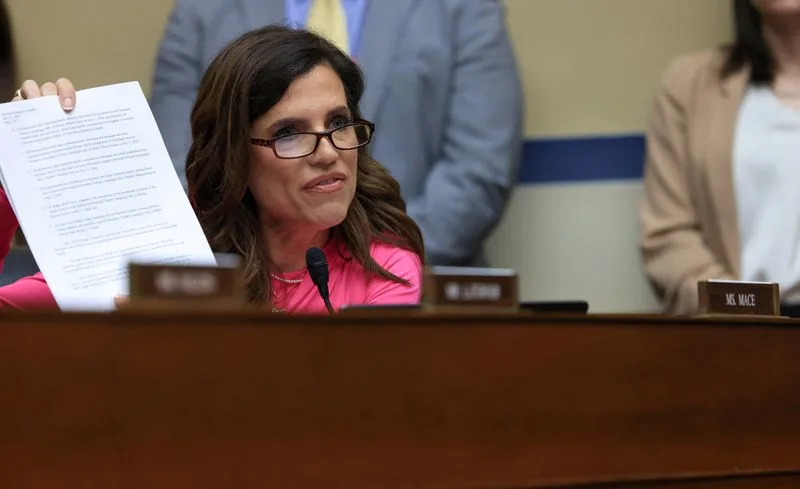
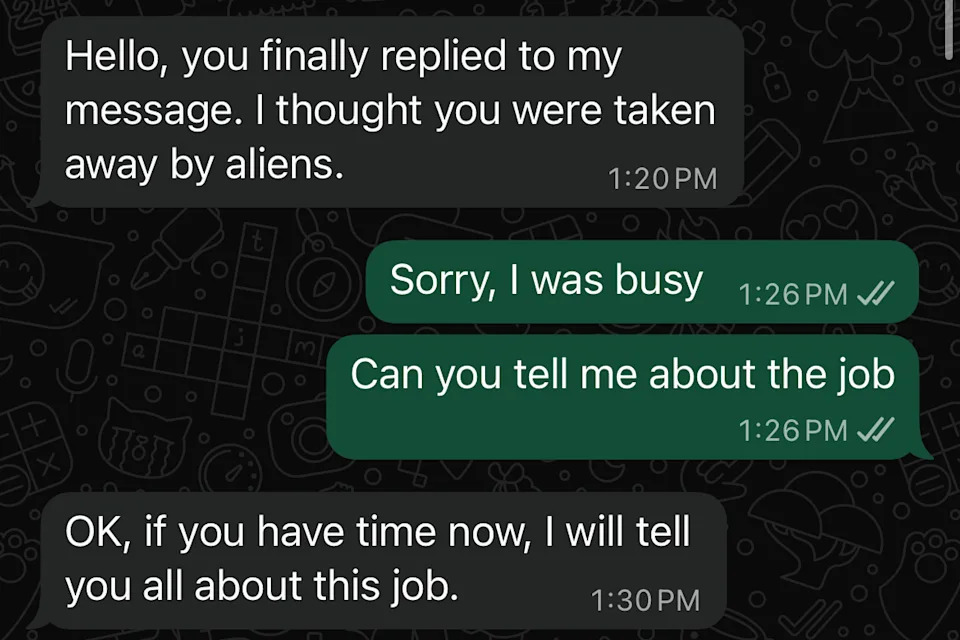
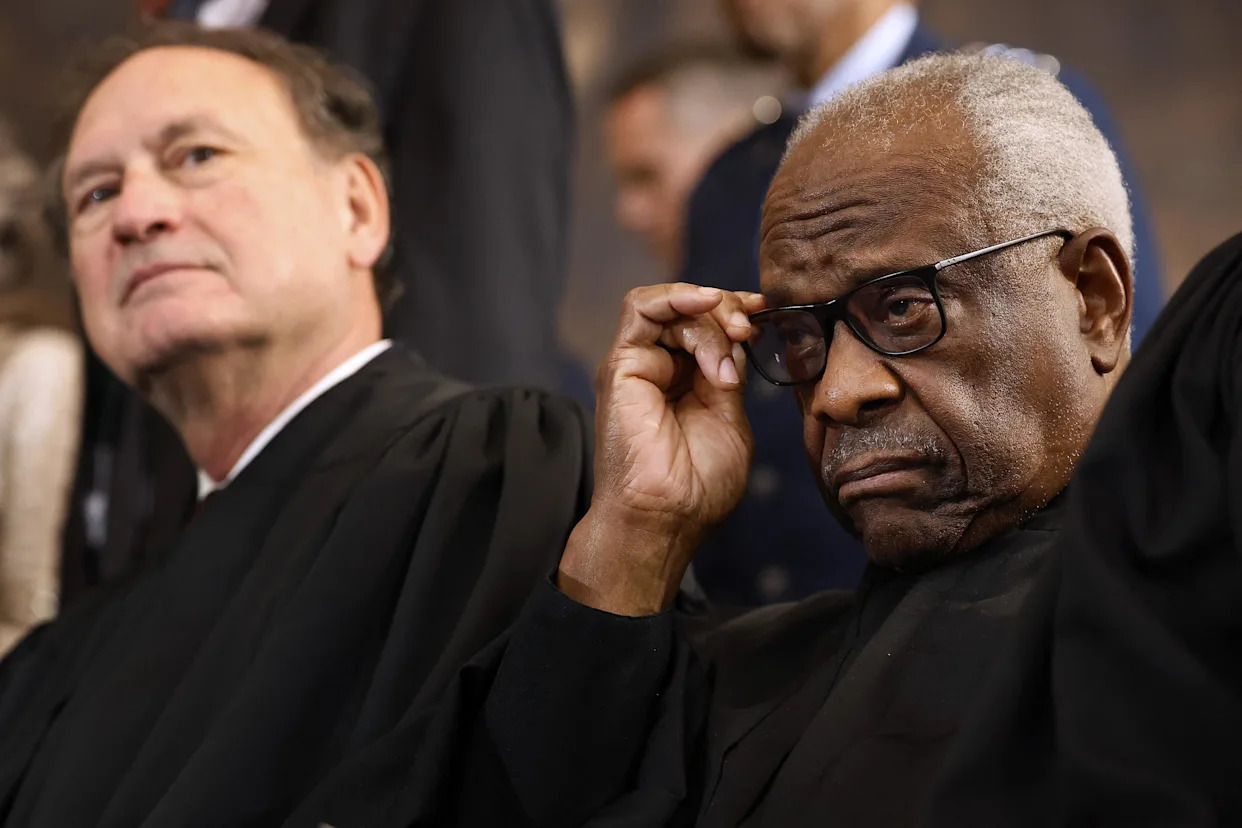

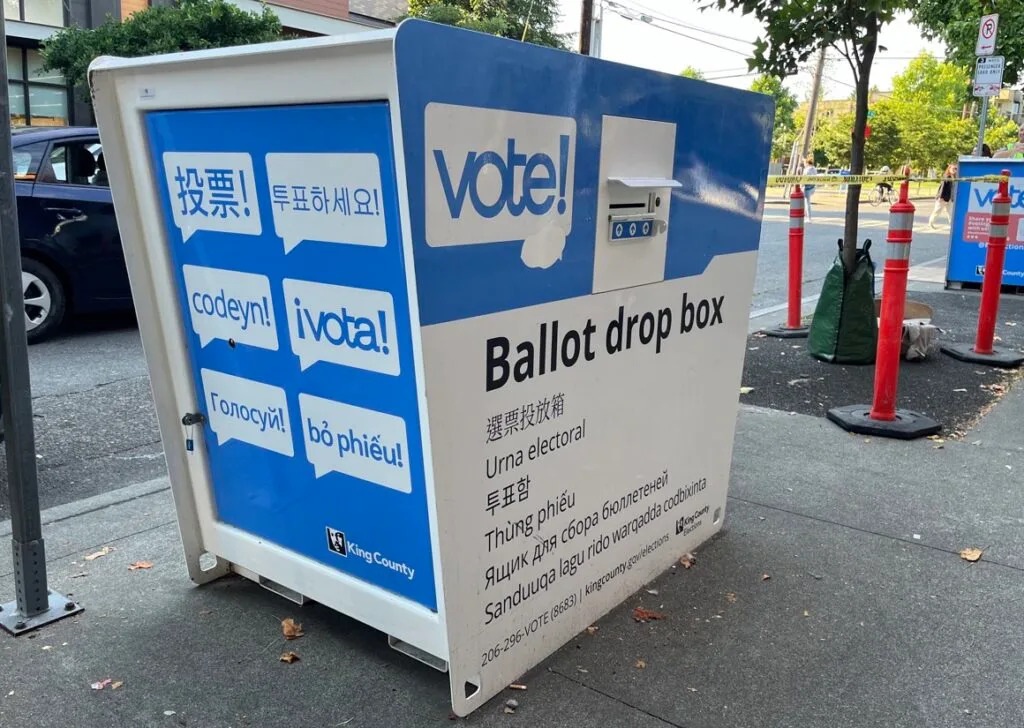

Comments